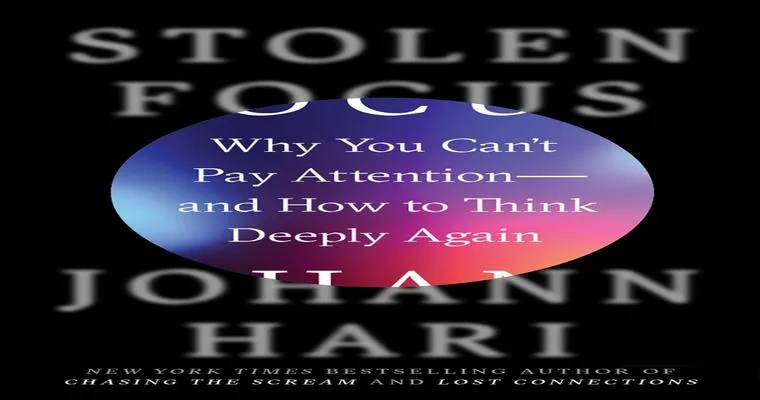Obsessive-Compulsive Disorder (OCD) is a mental health condition that can significantly impact individuals across all age groups, including "elders". As the population ages, understanding how "OCD" manifests in older adults becomes increasingly important. This article explores the symptoms, causes, and treatment options for "Obsessive-Compulsive Disorder" in the elderly population.
Understanding Obsessive-Compulsive Disorder
"OCD" is characterized by persistent, unwanted thoughts (obsessions) and repetitive behaviors or rituals (compulsions) that individuals feel compelled to perform. In elders, these symptoms can be exacerbated by various factors such as medical conditions, cognitive decline, or significant life changes like retirement or the loss of a loved one.
Symptoms of OCD in Elders
Symptoms of "OCD" in older adults can vary widely but often include:
1. Excessive worry about health or safety
2. Compulsive checking behaviors, such as repeatedly ensuring doors are locked
3. Ritualistic cleaning or organizing
4. Intrusive thoughts about harm coming to oneself or others
It is essential to recognize that these symptoms may sometimes be mistaken for normal age-related changes or other mental health issues.
Causes of OCD in Older Adults
The exact causes of "Obsessive-Compulsive Disorder" are not fully understood, but several factors may contribute to its development in older adults:
"Genetics": A family history of OCD can increase the risk.
"Neurobiological Factors": Changes in brain structure and function may play a role.
"Stressful Life Events": Major life transitions, such as losing a spouse or moving to a care facility, can trigger or worsen symptoms.
"Cognitive Decline": Conditions such as dementia may influence the onset or severity of OCD symptoms.
Diagnosis of OCD in Elders
Diagnosing "Obsessive-Compulsive Disorder" in elders can be challenging. Healthcare professionals typically conduct comprehensive assessments that include:
Detailed medical history
Psychological evaluations
Observation of behaviors and rituals
It is crucial for families and caregivers to be aware of the signs of OCD and seek professional help if they notice significant changes in an elder's behavior.
Treatment Options for OCD in Elders
Treatment for "OCD" in older adults can be multifaceted and may include:
1. "Cognitive-Behavioral Therapy (CBT)": This form of therapy is particularly effective for OCD and focuses on changing negative thought patterns and behaviors.
2. "Medications": Selective serotonin reuptake inhibitors (SSRIs) are commonly prescribed to help manage symptoms.
3. "Support Groups": Engaging in support groups can provide elders with a sense of community and understanding.
4. "Lifestyle Changes": Encouraging healthy habits such as regular exercise, a balanced diet, and stress-reduction techniques can also benefit overall mental health.
Conclusion
Obsessive-Compulsive Disorder in elders is a serious condition that requires attention and appropriate intervention. Understanding the symptoms, causes, and effective treatment options is crucial for improving the quality of life for older adults affected by this disorder. If you suspect that an elder is struggling with "OCD", it is essential to consult with a healthcare professional to explore the best path forward. By fostering awareness and understanding, we can help our aging population lead healthier, more fulfilling lives.





